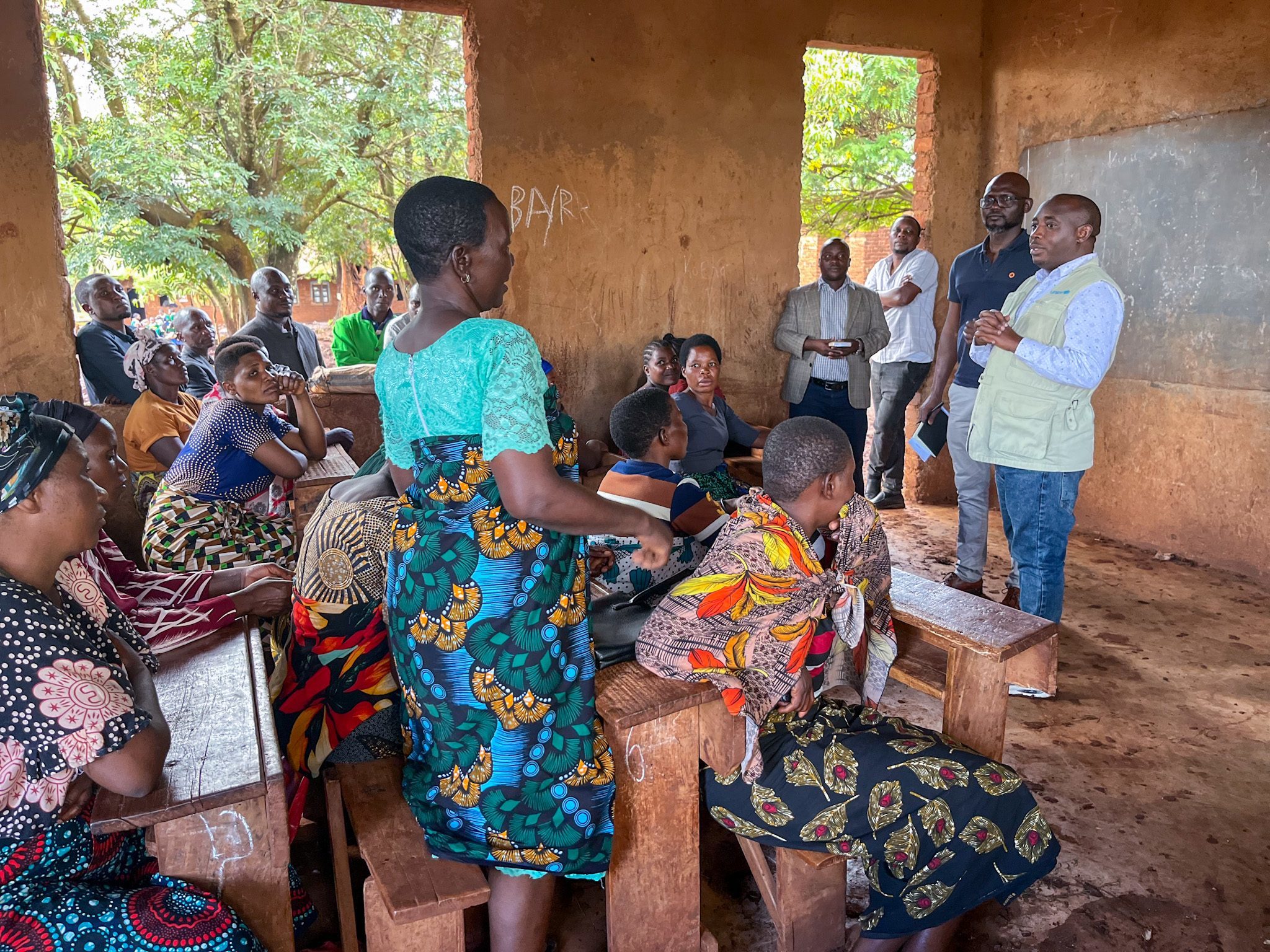Context and Issues
Despite Pakistan's efforts to improve education since independence, challenges persist, particularly for girls. Official statistics from the Federal Education Ministry reveal a stark reality: the overall literacy rate is only 46%, with a mere 26% literacy rate among women and girls. Rapid population growth further strains the education infrastructure, which lacks basic facilities in many areas. Government estimates suggest approximately 25 million children aged 5-15 are out of school due to factors like poverty and lack of parental motivation, despite schools being accessible.
Solution
The IlmPossible project, spearheaded by the British Council Pakistan in partnership with organizations like the Children’s Global Network, aims to address Pakistan's education challenges. Building on the existing IlmPossible program, this initiative will expand to an additional 10 districts, totaling 70 districts across all provinces. Key activities include door-to-door advocacy, formation of Mohalla Committees, expansion of life skills education and sports programs, baseline surveys, capacity building, and volunteer training to enroll an additional 50,000 out-of-school children (OOSC).
Impact
The British Council Pakistan has achieved significant success with the IlmPossible project. Initially targeting 185,000 OOSC, they surpassed this goal by enrolling 208,421 children over 3.5 years, exceeding the revised target by 4%. Remarkably, the retention rate was 93% and 94% for children enrolled in 2018 and 2019, respectively. The project's volunteer-based approach and Mohalla Committees effectively sensitized parents and mobilized communities. Implementing life skills and sports programs received positive feedback, with 82% of teachers reporting reduced dropout rates.












